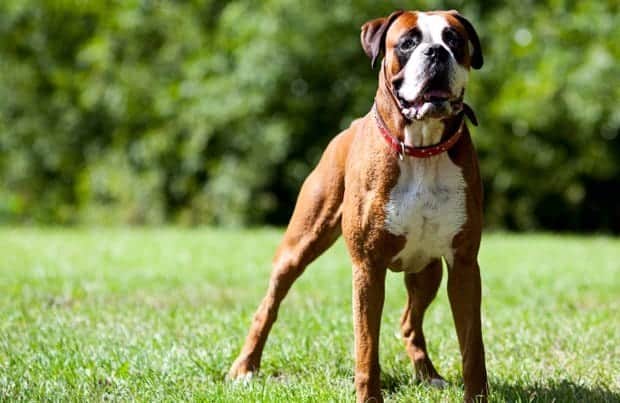Moldy food in your trash may contain fungal toxins that can make pets very ill and in some cases has a fatal outcome. Chagrin Falls, Ohio; August 22, 2008-Beyond the dangers of chicken bones and other inedible items, there is another good reason to keep your pet away from the garbage. Some moldy foods can contain a fungal toxin referred to as a mycotoxin that can cause nerve disorders and muscle tremors in dogs and cats. These mycotoxins can cause weakness in dogs and cats, muscle tremors or even convulsions, which may last for several days. Specifically, Neurotoxin Penitrem A and Roquefortine C have been food in moldy foods, especially grains and nuts. Walnuts, almonds, and pecans have all been associated with these mycotoxins.
Signs usually occur quickly and may include drooling, panting, restlessness and mild incoordination. The severity of the symptoms is correlated directly with the amount of moldy food your pet eats. If your dog and or cat has ingested a large amount of moldy food and muscle tremors occur, without prompt treatment the result can be fatal. If your dog and/or cat shows any of the above mentioned signs and has a history of scavenging the trash, you should call your veterinarian immediately. Treatment consists of inducing vomiting and giving activated charcoal through a stomach tube to help to minimize absorption of the toxin. Medications are usually effective to control the muscle tremors and seizures and with good supportive care and early aggressive treatment, the prognosis is good.
Veterinarian, Dr. Carol Osborne, D.V.M. offers these tips as preventative measures owners can take to ensure their pets safety and avoid moldy food.
- Use up all of your dogs and cats food stored in a given container before adding new food. Pouring a new bag of food on top of left over older food opens the door for mold growth and heath related issues.
- Rotate foods so that you are always using the food in order of expiration dates.
- Clean areas around bird and squirrel feeders. Avoid letting your pet into areas where birds are fed and where pigeons roost as their feces make an ideal site for fungal growth and mold. Not only are the feces attractive for pets to ingest but the spores generated from the moldy feces aerosolize and are easily inhaled by humans. People can encounter very serious health problems as a result. The high percentage of seeds in bird food allows for mold to grow quickly, especially when it is lying on moist ground.
- Avoid throwing moldy bread and bread products to birds…dogs and cats are often inclined to enjoy it.
- Keep trash containers out of your pet’s access and be sure they are safely secured with pet proof lids.
- If you don’t feel a particular food is safe for you to eat, it isn’t safe for your pet either!









